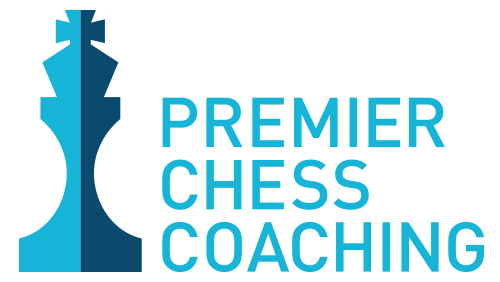If you’ve ever played chess competitively, you may have noticed that you can learn a lot about your opponent from the choices they make over a chess board. This is the foundation of what we have come to call ‘chess therapy’.
When Was Therapeutic Chess First Explored?
Just over a thousand years ago. Persian physician Rhazes, head of the Baghdad hospital in 900AD[1] realized the parallels that chess had to the human experience. He used chess as a metaphor, in an effort to help his patients better conceptualize their problems. Chess therapy did not catch major attention until 1994, when Jose A. Fadul and Renaldo Canlas, rediscovered chess therapy, and began to integrate it into their psychotherapy.
Benefits of Chess As A Therapeutic Tool
Chess is used in therapy in a variety of ways. One benefit of chess in a therapeutic setting, is using it as a bridge between doctor and patient. Chess is a game played with clear rules in mind, where decisions between aggression and passivism, risk and refrain, and enjoyment versus frustration are all tested. This can help ease the exchange of information between patient and doctor, allowing that exchange to occur through a game.
Another fascinating benefit of chess therapy is written about by Thomas Janetius, in his book “Character Education with Chess”. He describes how chess games are wish fulfillment. Each game not only works to elucidate the inner issues one is toiling with but can also illuminate the remedy for these issues. Even chess itself has proven to boost focus, visualization, weighing of options, and thinking in the abstract.
Psychoanalysis of chess games and chess therapy as a whole is a fascinating side of chess that we love to read about. Chess doesn’t have to just be a game you play for fun. Know that chess itself is a tool to understand yourself, and using it as such is something we wholeheartedly encourage. Join us in our weekly chess clubs, and let us help you explore the vast benefits of chess.
1.Iskandar, Albert (2006). “Al-Rāzī”. Encyclopaedia of the history of science, technology, and medicine in non-western. cultures (2nd ed.). Springer. pp. 155–156


